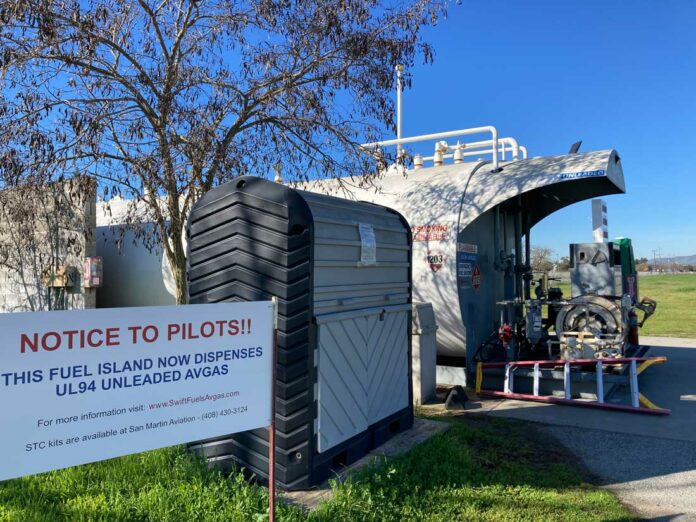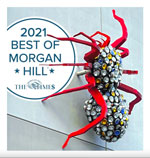
In January 2022, Santa Clara County banned the sale of leaded air fuels at its local airports after the results of a peer-reviewed study showed an alarming amount of the brain-damaging metal in blood levels of children who lived near one of the sites.
Now, the county is in a national battle to keep the ban.
Funding for the Federal Aviation Administration expired Sept. 30 and Congress is moving to renew the agency’s authorization and funding with two bills.
The Senate version would require airports to make available all the same fuel types they have used since 2022 until the end of this decade or until a replacement for the lead fuel is widely available. For Santa Clara airports, that includes leaded fuels, a step backwards.
The House version, which has already passed, says that airports will have to sell the same fuels they were selling as of 2018.
According to the U.S. Environmental Protection Agency, lead emissions from non-commercial piston-powered aircraft “are the largest single source of lead to the air in the U.S. in recent years”—accounting for 470 tons of lead in 2017, or 70% of the country’s lead air pollution that year. On Oct. 18, the agency officially determined that emissions from aircraft using leaded gasoline post a public health threat. Commercial airplanes use unleaded fuel.
The most common form of leaded fuel is known as 100LL, or 100 octane low lead avgas, which can contain up to 2.12 grams of lead per gallon. According to the aerospace engineering company Monroe, the main reason some airplanes still use leaded fuel is simply because their engines don’t support unleaded fuel.
“Older airplanes feature older engines, and some of these engines can only run on leaded fuel like avgas,” said the company in a statement. “If leaded aviation fuel was banned, the airplanes would essentially be grounded—at least until their engines have been swapped out or modified to run on unleaded fuel.”
“There are schools within a 1.5-mile radius of the Reid-Hillview Airport (in San Jose), where children are exposed to lead particles floating in the air,” said Marchela Lechuga, a neighborhood activist who spoke to the press about the problem Dec. 11. Some health issues are irreversible, such as learning disabilities, she said.
On Dec. 12, the Santa Clara Board of Supervisors will ask the county’s Federal Affairs Advocacy Task Force to find ways to protect the county’s ability to prohibit the sale of leaded fuel.
Copyright © 2023 Bay City News, Inc.







